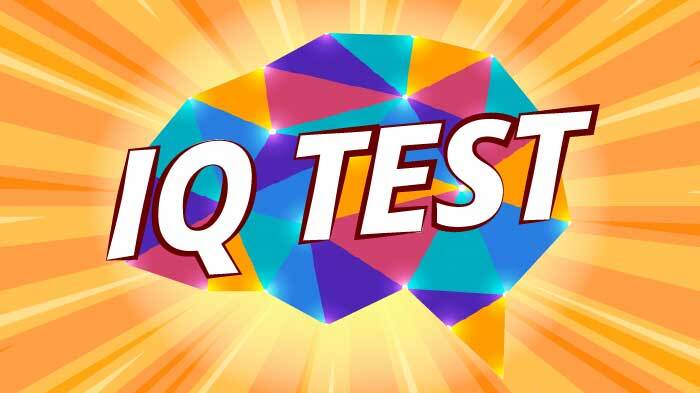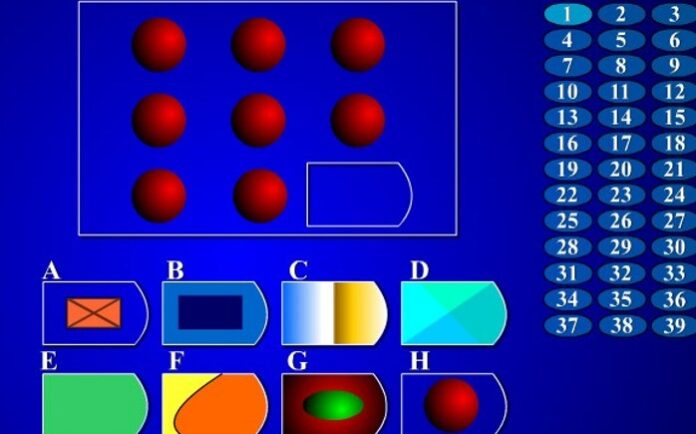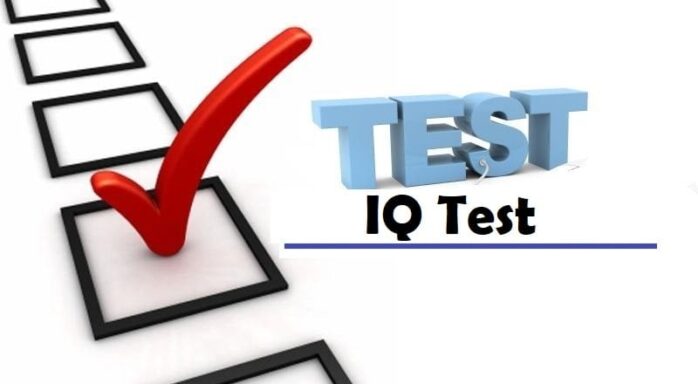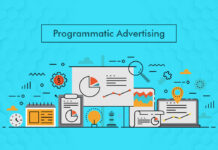
Have you ever wondered how you compare against the average adult in terms of intelligence? Well, now is your chance to find out! We’re bringing you a breakdown of the most accurate IQ tests available today, so that you can test your own intelligence and set realistic goals for yourself. So shake off your doubts and prepare to measure your mental prowess – it’s time to take an IQ test!
What are the different types of IQ tests?

Intelligence Quotient (IQ) is an assessment of intelligence, consisting of standardized testing that measures cognitive abilities such as problem solving, logic and critical thinking. IQ test is the most common way to measure intelligence, but it is not the only exercise used. There are many different types of IQ tests that all measure different aspects or areas of cognitive ability.
The most widely used type of IQ test is one which attempts to measure various cognitive skills by assessing performance on a number of subtests. Additionally, there are a variety of other IQ tests, including:
- Cattell Culture Fair
- Stanford-Binet Fifth Edition
- Raven’s Progressive Matrices
- Kaufman Brief Intelligence Test
Each test has its own set of criteria and is designed to measure different elements of intelligence: abstract problem-solving skills; memorization; verbal comprehension; information processing speed; numerical aptitude; flexibility in reasoning; and reading comprehension. For example, Raven’s consists entirely of visual problems that require logical deduction whereas other tests might also include questions on verbal reasoning or spoken responses.
What is the most accurate IQ test?

The two most widely used tests for determining one’s intelligence are the Wechsler Adult Intelligence Scale (WAIS) and the Stanford-Binet Intelligence Scale (SBIS). The WAIS is the most popular test for adults around the world, offering both verbal and performance scales. It is composed of several subtests that evaluate intellectual functioning across multiple domains including new learning capacity and short-term memory. Comparatively, the SBIS was originally developed for children between 4-16 years old but can also be used for adult populations by modifying some of its tasks. It evaluates five domains including:
- Verbal comprehension
- Perceptual organization
- Working memory
- Quantitative reasoning
- Qualitative reasoning
- Knowledge & fundamentals
- Fluid reasoning
- Processing speed
The results obtained after taking any kind of IQ test are considered to be accurate when proper care is taken during administration processes to ensure fairness in criteria such as cultural diversity within participants to avoid biases in scores among individuals who may potentially have different backgrounds. Moreover, it is important to understand how these scores are interpreted in various contexts before making any assumptions about someone’s intelligence level – an average score usually means an aptitude within normal levels acceptable as per statistical data averages.
Conclusion

In conclusion, it is important to assess your personal needs and goals when selecting an IQ test. If you are looking for an accurate measure of your intelligence, an IQ test might be a great choice. It is important to research the different types of tests available and evaluate which one best suits your needs.





